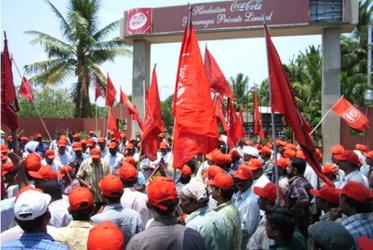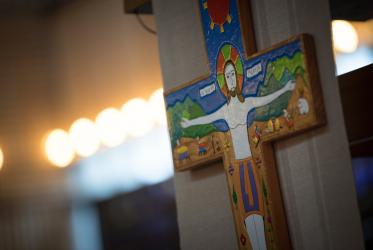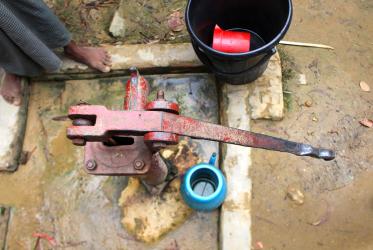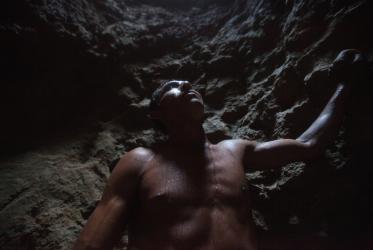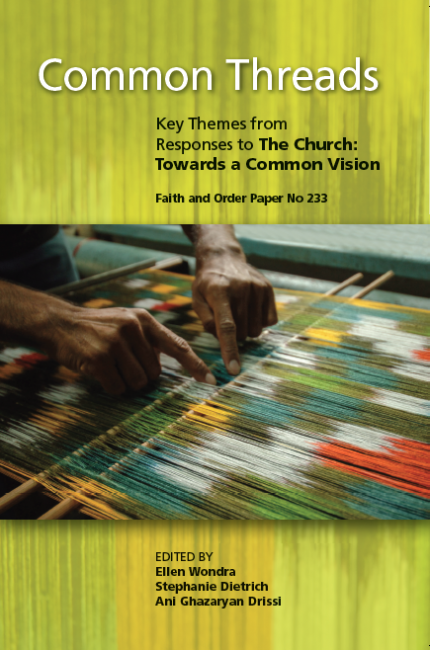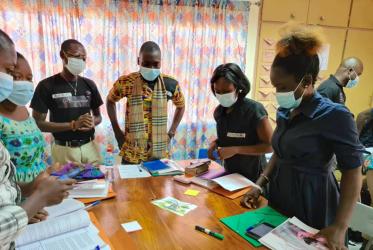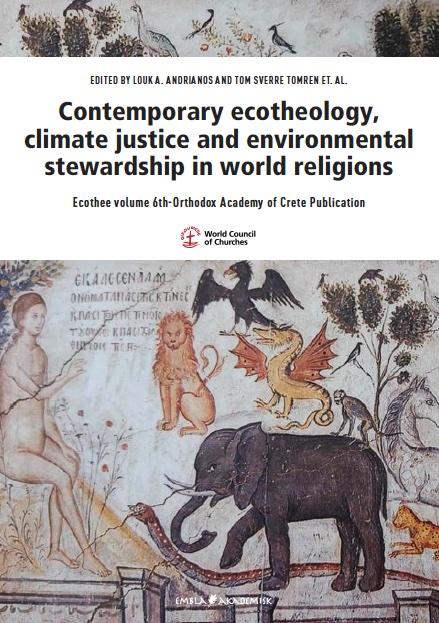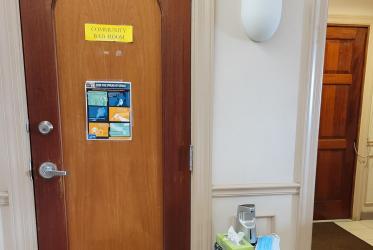Displaying 141 - 160 of 240
27 April 2022
Groundwater: a hidden treasure we need to protect, say EWN members
28 February 2022
Common Threads
Key Themes from Responses to The Church: Towards a Common Vision. Faith and Order Paper No 233
25 February 2022
Media accreditation opens for the 11th WCC Assembly
31 January 2022
Contemporary Ecotheology, Climate Justice and Environmental Stewardship in World Religions
Ecothee Volume 6th-Orthodox Academy of Crete Publication
19 December 2021
“Bathroom ministry” for the homeless
14 December 2021
